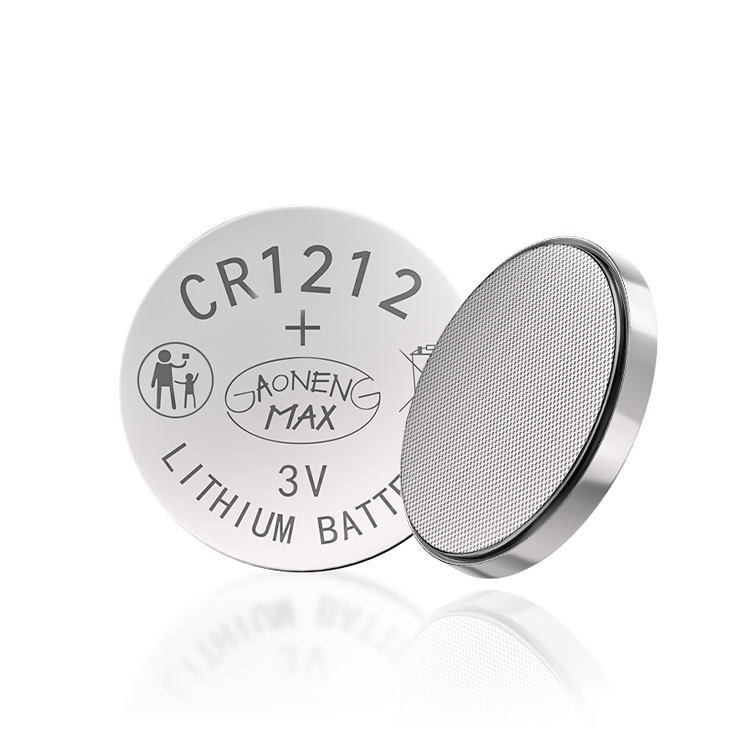
In the highly competitive battery industry, especially with the burgeoning
demand from electric vehicles and energy storage systems, cost control has
emerged as a pivotal factor determining the success of companies. As the cost of
batteries significantly impacts the overall cost - effectiveness of the end -
products they power, manufacturers are constantly exploring innovative
strategies to rein in expenses without sacrificing performance.
1. Technological Innovation
Material - Level Innovations
Positive Electrode Materials: High - nickel materials and high - voltage
lithium - rich manganese high - voltage applications based on high - nickel
materials are at the forefront of technological innovation in positive electrode
materials. For instance, increasing the nickel content in nickel - manganese -
cobalt (NMC) cathodes can enhance the energy density of power batteries.
However, challenges such as suppressing the catalytic decomposition of high
nickel in high - voltage environments need to be overcome. By addressing these
issues, battery companies can achieve higher energy density while potentially
reducing the amount of materials required per unit of energy, thus cutting
costs.
Negative Electrode Materials: In the next 3 - 5 years, the development of
graphite and silicon - based anodes towards silicon - carbon alloys is a key
trend. Artificial graphite offers relatively stable performance but comes with a
high manufacturing cost. Natural graphite, on the other hand, has cost
advantages and can improve the battery's high - temperature resistance and cycle
life. Silicon - carbon alloys, already used in digital products, have the
potential for further improvement in power cycle life for larger - scale
applications. Optimizing the use of these materials can lead to cost savings in
negative electrode production.
Electrolytes: The role of electrolytes is crucial as they facilitate the
movement of lithium ions between the positive and negative electrodes.
Innovation in electrolytes focuses on improving compatibility with new positive
and negative materials to form a better - performing NCM (Nickel - Cobalt -
Manganese). Developing high - voltage electrolytes and flame - retardant
electrolytes can enhance battery performance and safety. Although the
development of high - performance electrolytes depends on new raw materials,
with proper cost - benefit analysis, they can lead to overall cost savings by
improving battery lifespan and reducing the need for additional safety
measures.
Separators: Diaphragm innovation mainly lies in four aspects: reducing
thickness while increasing strength, improving temperature characteristics
(raising the temperature resistance from the current 150 degrees to 200 - 300
degrees for high - temperature applications), increasing pressure resistance,
and achieving membrane gelation flame retardancy. These improvements can
effectively enhance the energy density and safety of the battery. A thinner
separator, for example, can reduce material costs while maintaining or even
improving battery performance.
Process - Level Innovations
Lightweight and Miniaturization: Making battery products lighter and more
compact not only reduces the amount of materials used but also affects the
performance of the pole piece and the rate performance. For example, using
lightweight materials for battery casings can cut down on material costs without
sacrificing the battery's structural integrity.
Improving Consistency and Yield: By enhancing the consistency of battery
production, manufacturers can reduce the number of defective products, thus
lowering costs associated with waste and rework. This requires significant
investment in advanced manufacturing equipment and process control systems, but
the long - term benefits in terms of cost savings can be substantial.
Balancing Battery Density, Cycle Life, and Rate Performance: Increasing
battery density is often a goal, but it can sometimes negatively impact cycle
life and rate performance. By carefully optimizing the manufacturing process,
battery companies can find the right balance among these factors. For example,
adjusting the coating thickness and drying conditions in electrode manufacturing
can affect the battery's overall performance and cost.
2. Supply Chain Management
Vertical Integration
Some companies, like Tesla, have chosen to vertically integrate their
battery production. By building their own battery factories and developing core
battery components, they can better control the production process and reduce
costs associated with outsourcing. Tesla's in - house production of batteries
allows it to streamline the supply chain, negotiate better prices with raw
material suppliers, and implement cost - saving measures more effectively.
Strategic Sourcing
Battery manufacturers can adopt strategic sourcing methods to reduce raw
material costs. This involves forming long - term partnerships with reliable
suppliers, negotiating favorable contracts, and diversifying the source of raw
materials. For example, in the face of the volatile price of cobalt, a key
battery raw material, companies can explore alternative sources or substitute
materials. Additionally, by closely monitoring market trends and inventory
levels, companies can optimize their purchasing decisions to avoid overpaying
for raw materials.
3. Recycling and Remanufacturing
With the increasing number of batteries reaching the end of their life
cycle, recycling and remanufacturing present significant cost - saving
opportunities. By recovering valuable materials such as lithium, cobalt, and
nickel from used batteries, manufacturers can reduce their reliance on virgin
raw materials. For example, some companies have developed advanced recycling
technologies that can extract these materials with high efficiency. These
recycled materials can then be re - introduced into the battery production
process, reducing both the cost of raw materials and the environmental impact
associated with mining new resources.
Read recommendations:
R14
Lithium ion battery separator structure.battery 18650 rechargeable
Lithium iron phosphate battery and ternary lithium battery advantages and disadvantages.cabinet type
16340 battery direct sales
li ion 18650 battery pack company












































 360° FACTORY VR TOUR
360° FACTORY VR TOUR
 Whatsapp
Whatsapp
 Tel
Tel Email
Email TOP
TOP